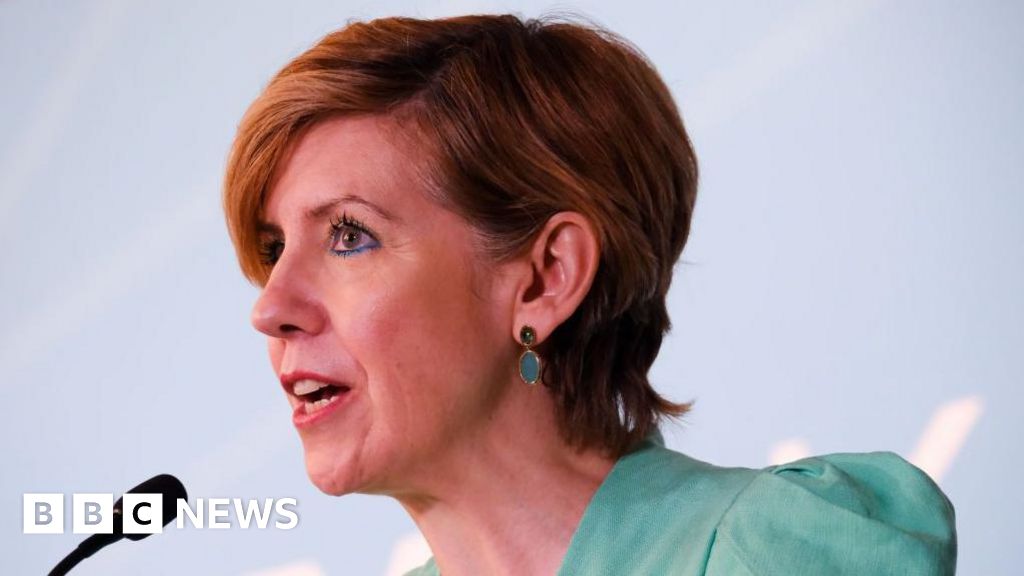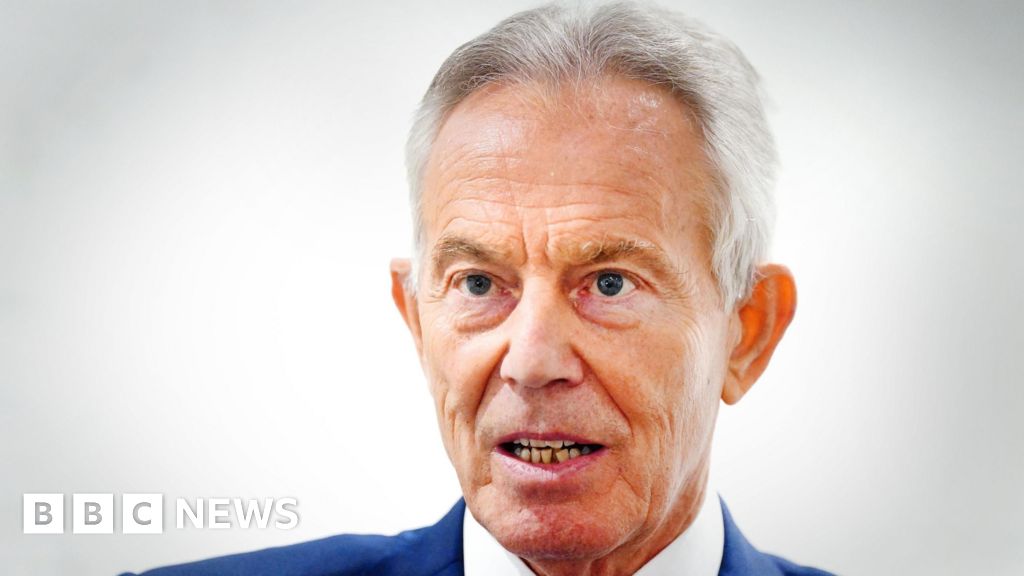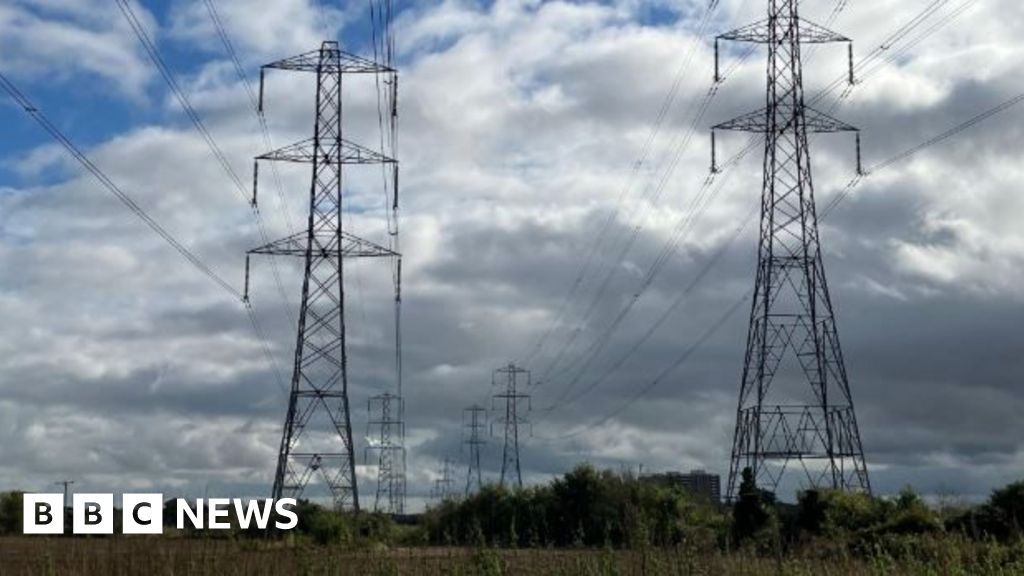ARTICLE AD BOX
Image source, Getty Images
A government plan to help support people with the rising cost of living could come as soon as Thursday, the BBC understands.
The PM and chancellor have been under growing pressure to act as prices for fuel, food and energy continue to soar.
But BBC political editor Chris Mason said the government was also desperate to shift the agenda on from Partygate.
A report on lockdown gatherings in Downing Street, by senior civil servant Sue Gray, is expected on Wednesday.
MPs have been debating the best way to tackle the cost of living, with inflation now reaching a 40-year high.
Energy regulator Ofgem has also now warned the energy price cap, which limits how much providers can raise prices, is expected to increase to £2,800 a year in the autumn - despite a large hike earlier this year.
Opposition parties have continued to push for a windfall tax on oil and gas firms - a one-off levy on the record profits the companies have recorded - saying the proceeds could be used to support the hardest hit.
But while attitudes towards the idea in government appear to have softened, neither Prime Minister Boris Johnson nor Chancellor Rishi Sunak have committed to the move.
'Options on the table'
Mr Johnson invited a collection of economists with a range of views to see him in recent days to explore the options he had, the BBC understands.
Chris Mason says the PM will meet the chancellor soon to sign off what they plan to do, with an announcement possible on Thursday.
A number of ministers have raised concerns about the idea of a windfall tax, with Mr Johnson saying he was not "attracted" to the measure.
But he told reporters "no option is off the table" to tackle rising living costs, adding: "There is more that we are going to do... you'll just have to wait a little bit longer."
Labour leader Sir Keir Starmer has called on the government to "get a grip" and introduce the levy.
He said ministers needed to address the situation, adding: "Every day they dither and delay, more people are struggling, really struggling, with their bills."
Rishi Sunak has long argued - privately and publicly - that help for the most vulnerable could only be properly designed once the scale of the problem was measurable.
Tuesday's intervention from Ofgem provides that.
The question now is precisely what help is offered, and at what cost.
Targeted possibilities include uprating benefits or a lump sum payment to some of the poorest households.
There is then the quandary of whether to offer something that a greater proportion of people benefit from - could the first £40 repayment of the government's Energy Bills Support Scheme be postponed or cancelled?
Other options in the months ahead include changes to the Warm Homes Discount and the Winter Fuel Payment.
But any combination of these possibilities could easily be way more costly than the revenue generated from any windfall tax on the oil and gas companies.
An intervention that is noticeable won't come cheap.

 2 years ago
42
2 years ago
42








 English (US) ·
English (US) ·